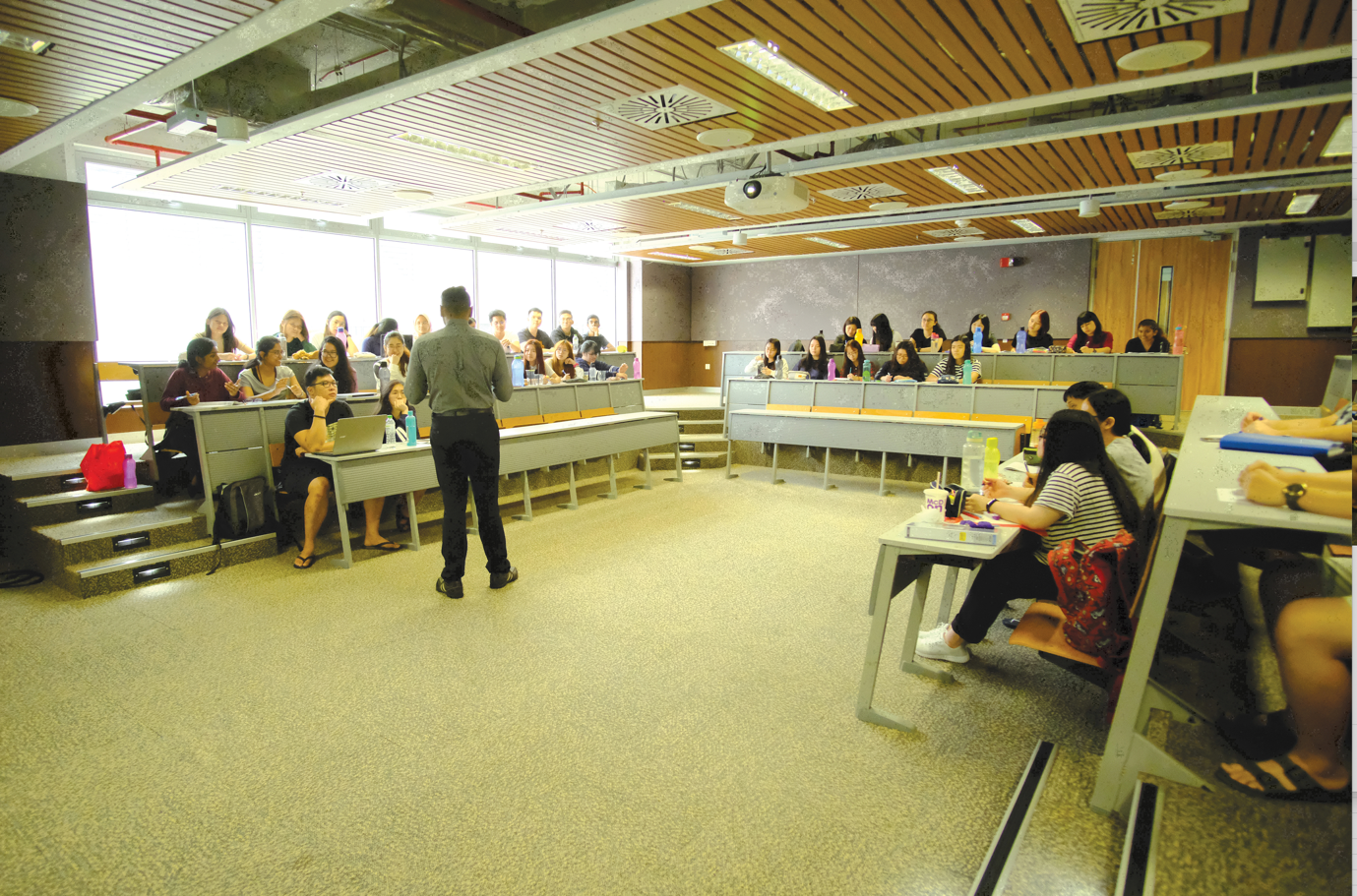University of Reading Malaysia (UoRM), the international branch campus of the University of Reading UK, welcomed its first batch of law students in September 2019. The Bachelor of Laws (LL.B) degree offered at UoRM is the same as that offered on the University’s UK campus which is already well-recognized and established here in Malaysia. Students who choose to study law have many career options available when they graduate.
The most obvious option is a career in the legal profession as a legal practitioner. Here, law graduates are required to pass the Certificate in Legal Practice (CLP) exam in Malaysia or the Bar Professional Training Course (BPTC) in the UK. Graduates are also required to complete a compulsory 9-month period of practical training referred to as ‘chambering’ or pupillage under the supervision of a senior lawyer following which they will be called to the Bar and qualified to practise law.
Most following this route would work for a law firm as an advocate and solicitor. As with doctors, advocates and solicitors can choose to be generalists or specialize in a particular aspect of law such as family law, commercial law, intellectual property or other areas. Advocates and solicitors can rise steadily through the ranks to become a partner in a law firm. This usually takes several years depending on the size of the firm. Partners are either paid a salary or assume part ownership of the firm and take a share of the profits. Alternatively, more entrepreneurial-minded individuals can venture out and set up their own law firm.
Law graduates do not need to work specifically for a law firm or sit for the CLP/BPTC. Many choose to join the private sector as a corporate lawyer or legal counsel where they advise companies on legal matters; they would typically start their career as a legal officer before rising the ranks to head the legal department. In many cases, they may acquire industry-specific legal skills and knowledge. For example, those joining the finance and banking sector may develop specialist expertise in trust, securities, capital markets, taxation and banking law. Law graduates are also in high demand from consulting and professional services firms where they would serve as consultants and advise corporate clients.
Another interesting line of work is arbitration and mediation, which requires excellent communication, critical thinking and negotiation skills. Arbitration and mediation are both aimed at reaching a fair resolution to a dispute between two or more parties. Increasingly, companies are turning to arbitration and mediation as a way to resolve disputes as it is more cost-effective and faster than litigation through the courts.
Law graduates can also opt to work in the public sector and become civil servants with the legal departments in agencies such as the Ministry of Home Affairs, Royal Malaysian Police and Attorney General’s Chambers. In such cases, they will often be involved in providing legal advice or helping to shape public policy. Another option is to join the judicial service where they will support the magistrate.
There are also opportunities to work in higher education as a law academic. Some enter academia after a significant stint as a practising lawyer where their extensive real-world experience is an asset in teaching many of the applied aspects of law. Others enter academia at a much earlier stage in their career where there is more emphasis on researching a specialised area of law. Those who are set on an academic career can study further for a PhD.
In summary, law graduates have many different career options available to them. At the University of Reading, the emphasis is on developing law graduates who are agile and can quickly adapt wherever their career takes them. The School of Law at UoRM has excellent faculty and cutting-edge facilities to provide a world-class student learning experience including a moot court, legal clinic, e-library and learning resource centre.









